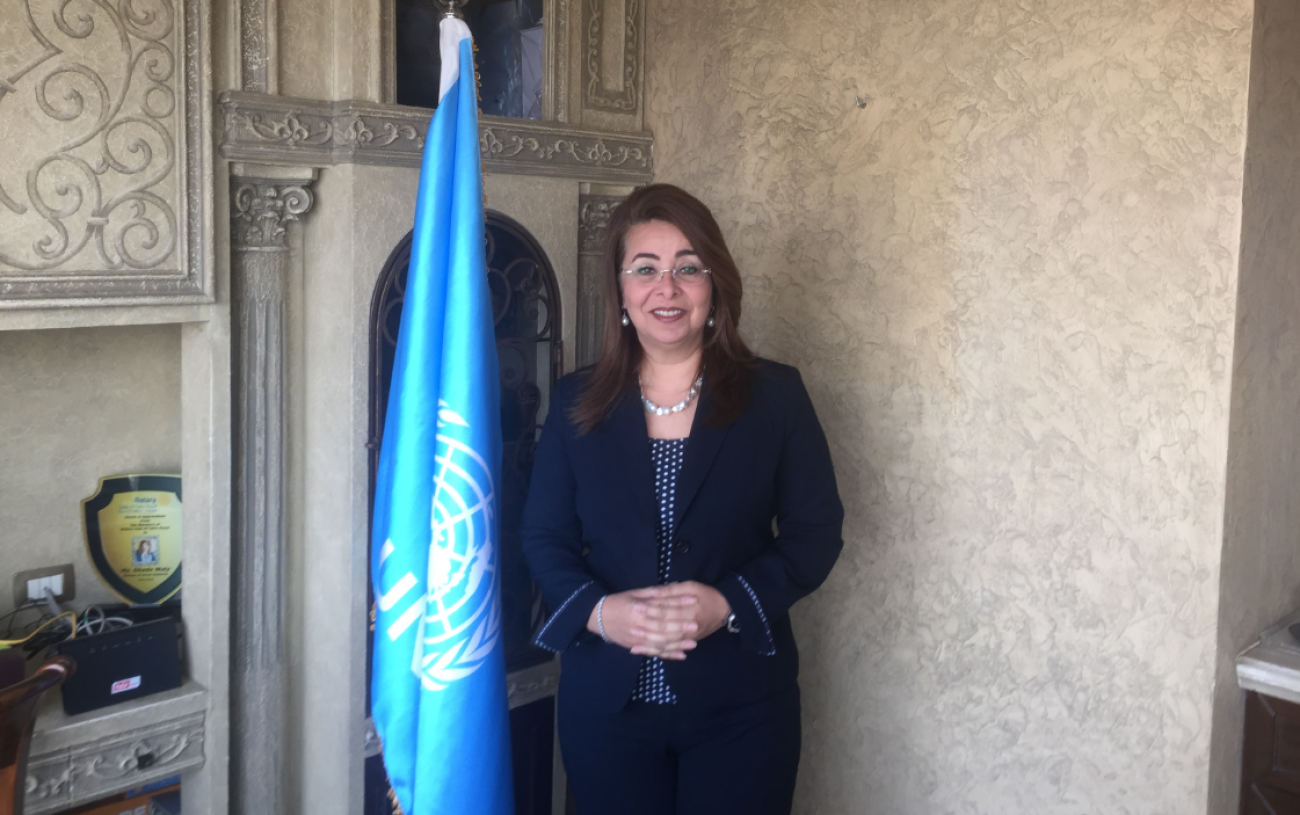Cairo - The United Nations Office on Drugs and Crime (UNODC) has been monitoring and analysing the current COVID-19 pandemic's impact on crime rates, the organisation's Executive-Director, Dr Ghada Waly, said in an interview with the United Nations Information Center (UNIC) in Cairo.
Past experiences show that organised crime, terror groups and other illegal entities become more active in times of crises. It's also the case during the current crisis, as law enforcement authorities around the world endeavour to assist in preventing and controlling the spread of the deadly virus, the senior UN official said.
"We are aware of new COVID-19 related cases of corruption. This includes corrupt medicine schemes, invalid face masks and faulty medical equipment being circulated amid the high demand for such supplies," said Dr Waly.
Online training for prison authorities
Through more than 100 offices globally, UNODC is also monitoring jail and prison conditions around the world.
"We want to ensure that imprisoned persons are given due protection and care amid the COVID pandemic outbreak," Dr Waly told UNIC Cairo.
UNODC has conducted online training and webinars for different prison authorities, as a way of support for governments to ensure an efficient response to the new coronavirus spread.
Women and children at higher risk
According to Dr Waly, women and children are among the most vulnerable groups under current self-isolation conditions and movement restrictions.
UNODC continues to monitor, document and analyse domestic violence and violence against children in affected cities and villages, she said.
As families and children spend more time online, they likely become more susceptible to exploitation and other forms of online abuse, she warned.
COVID-19 is not a crime
UNODC chief said she supported social initiatives rejecting actions of bullying against those diagnosed with COVID-19.
"Stopping stigma and discrimination against COVID-19 patients or those who died to the deadly virus is a human duty in the first place. Everyone has the right to live and die in dignity. Nobody is immune to a viral infection, and this one especially spreads very swiftly... We must reject bullying, protect and care for every patient and show respect for those who died of this disease."





